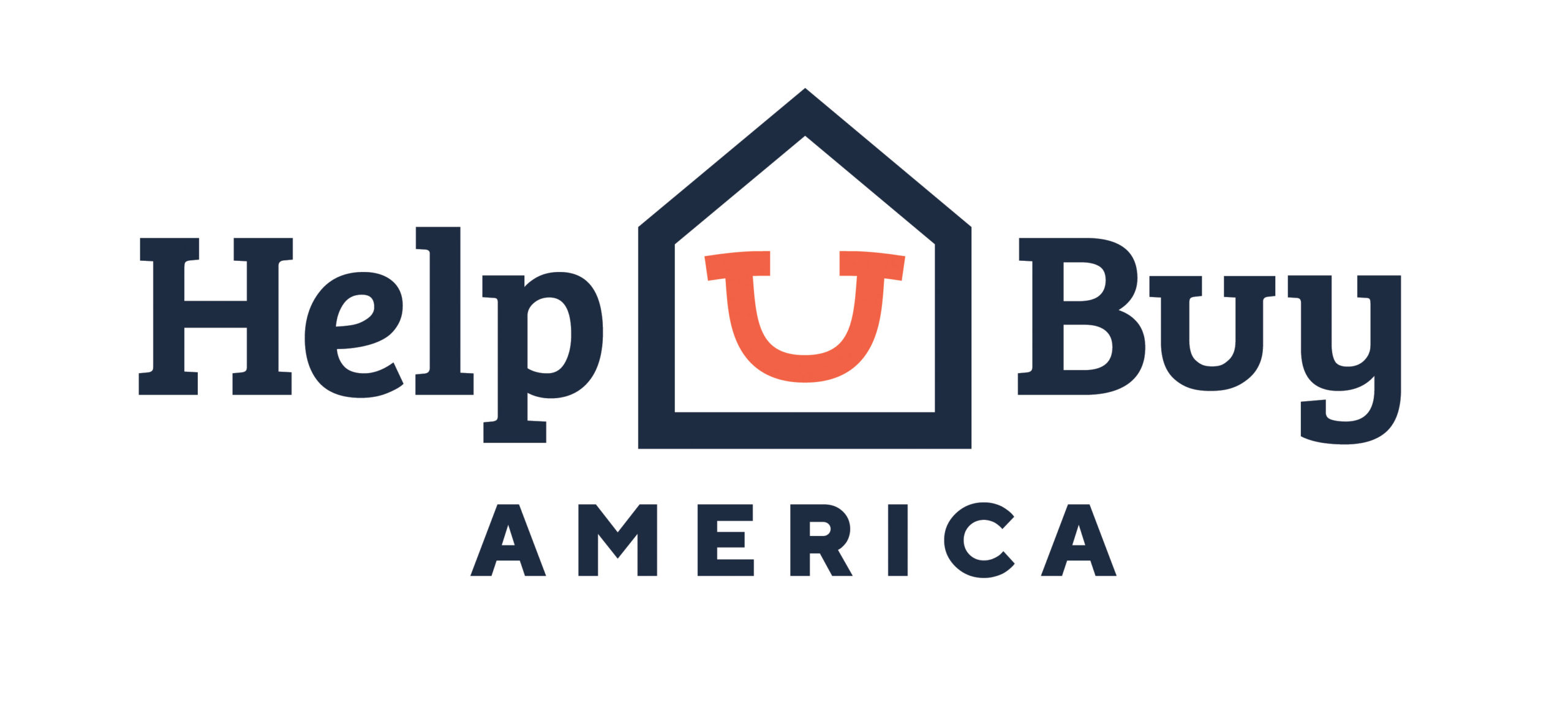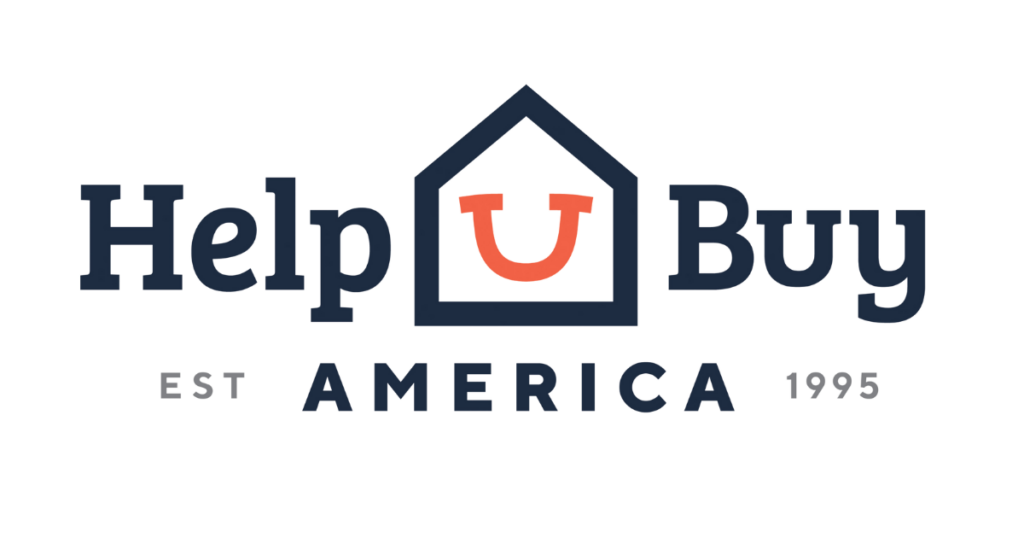Flat-Fee Mortgages
The process of finding an honest mortgage broker should not be as daunting as buying a house in the first place.

all for you
Your Mortgage Fiduciary
We now offer borrowers the same level of duty and care that we give to our home buyer clients.
we shop for you
We shop over 80 lenders within the wholesale marketplace to find the best rate, term, and payment structure most appropriate to your particular circumstances. If you need a loan with a low down payment requirement or your credit is not so pristine, for example, we can look for lenders that offer products specific to your situation.
your fiduciary
Have you heard horror stories about what can happen when the person you count on for mortgage advice turns out to be looking out for their interests over yours? We act as your fiduciary, which means we accept the legal responsibility of putting your interests above our own. And since we earn the same commission on every loan, you can trust that we won’t try to sell you a higher-priced loan.
follow through
Once we help you settle on a loan and a lender, we collaborate with the processor, the lender’s underwriting department, the title company, and the seller’s agents to keep the transaction running smoothly through closing day. Most importantly, we ensure that you don’t pay more than you agreed, don’t pay unnecessary junk fees, close on time, and have the best possible loan for your situation.
our loans
We work with a large number of wholesalers who provide the following types of financing:
Conventional, FHA, VA, & USDA Loans
Jumbo & Super Jumbo Loans
Fixed & Adjustable Rates
Refinances
First-time Home Buyer Programs
Reverse Mortgages
full disclosure
Wholesale Rates
Mortgage brokers can be very secretive about how they get, how much they earn, and who writes the check. We think that’s silly and unnecessary.

Total Transparency
All lenders have access to the same rates. They decide how much commission they want to make and add it to the wholesale price (the interest rate) of the loan. The commission can be paid by the lender in the form of a higher interest rate or upfront by the borrower as a closing cost.
The average broker compensation is between 2% to 2.75% of the loan amount. On a $400,000 home loan and assuming a 2% commission, for example, the broker would earn $8,000. If they can talk you into a higher interest rate or bigger loan, they make more money and it costs you more. The more you spend, the more they make.
Our flat-fee of $4,595 is the best bargain in town. We earn a reasonable profit on each loan and pass the savings on to our clients. Our commission is the same regardless of the price of your loan, so you never have to worry that we might try to sell you a higher priced loan! After all, it’s the same amount of work to process a $600,000 loan as a $400,000 loan. It’s hard to justify an extra $4,000 in commissions when no additional work is involved. Don’t you agree?
Our Process
We’re here to make the home loan process a whole lot easier, with tools and expertise that will help guide you along the way.

01
Opt Out of Credit Offers
The Fair Credit Reporting Act allows credit reporting companies like Equifax, Experian, and Transunion to sell your information to creditors, insurers, and mortgage companies. If you’d rather not receive 60+ emails, texts, or phone solicitations, follow this link to opt out of these offers before we check your credit. It can take 5-7 days to process you’ll request so please plan accordingly.

03
Fully Underwritten Pre-Approval
When it’s time to get serious about your search, it’s pre-approval time. First, we will order a “hard” credit report for all loan applicants and verify your income. Then, we take the next step and submit your completed file to underwriting for full credit approval. Only then will we issue a certified pre-approval letter. A fully underwritten pre-approval will give you the peace of mind you need to enter into a sales contract and make your offer stand out in the competition. No worries that your loan will be denied at the last minute, and your loan can close more quickly – often as quickly as cash transactions!

04
Lock Your Rate
Once you’ve found a house and are under contract, we’ll compare mortgage interest rates and terms, help you choose the offer that best fits your needs, and lock your interest rate. You can expect us to be fully transparent throughout the process. We can even share our screen so you can see watch us work while we generate your quotes. And -assuming we have all the information we need about your transaction – we can often deliver a formal Loan Estimate to you on the spot! No three-day wait that puts you at risk and holds up your transaction.

05
Loan Processing
You submitted basic documents during the pre-approval process; we’re probably going to need more. We can often import documents directly from your banks and elsewhere into your loan file. Easy peasy – and highly secure! Once we have everything we need, we order your appraisal and send your file to a licensed, third-party processor for final verifications and underwriting. We’ll be monitoring the progress of your loan and safeguarding your transaction every step of the way to ensure nothing falls through the cracks and there are no last minute, unpleasant surprises.

06
Clear to Close
Clear to Close – the three magical words that every borrower wants to hear! Once the lender’s underwriter gives their final stamp of approval, your loan docs will be produced and ready to sign. More than likely, you’ll have final loan approval long before you are contractual closing date! We’ll ensure your closing documents are delivered to the title company in time and that your loan funds quickly so that you can receive the keys to your new home immediately.
Let’s Team Up
Do you want someone who will be there for you from the beginning of your house hunt through the mortgage process? Someone you know is working for you – not the seller or mortgage provider?
That’s our mission at HelpUBuy America, and, as you can see from all our reviews, we’re damn good at what we do.

FAQs
Got Questions?
Here are a few of our most frequently asked questions about mortgages.
I'm working with another Realtor. Can you still help me with financing?
Yes, of course. If you have already found a home but need someone you can trust to help score you a wholesale rate and a loan that best suits your situation now and down the road, count on us.
I'm happy with my loan officer. Can you still help me find a home?
We certainly can. We’re not in the business of stealing clients from other lenders. If you’re happy with your lender and the terms of their loan, stick with them! We’ll still do an amazing job helping you find and buy the home of your choice.
Is it a legal and/or a conflict of interest to act as my EBA and my loan officer?
It is perfectly legal to be dually licensed as a real estate agent and a loan officer, although there are specific rules that must be followed. Is there a conflict of interest? We don’t think so. Working for a flat-fee saves our clients a small fortune and eliminates any concerns one may have about price gouging. With 28 years in the real estate business, originating mortgages is a natural extension of our service offerings. But if you’re not comfortable with it, you won’t hurt our feelings. You can hire us as your Exclusive Buyer’s Agent, your loan officer, or both. We’re going to do an outstanding job for you regardless.
What's the difference between a lender and a broker?
Mortgage lenders are the financiers of the home-buying process. When someone decides to purchase a home or refinance a mortgage they already have, the mortgage lender makes it possible by loaning the money needed to complete the transaction. Each lender has criteria you’ll need to meet to qualify for the loan, with FICO score and financial resources playing a major role. Beyond determining eligibility, overall creditworthiness often dictates the interest rates and loan types offered.
Mortgage brokers are the matchmakers of the home-buying process. They work on the homebuyer’s behalf and shop multiple lenders to find the rates and terms that meet their clients’ needs. Mortgage brokers usually rely on their relationships with wholesale lenders who offer discounted rates that aren’t available directly.
What's the difference between a retail and a wholesale lender?
Most American adults are at least loosely familiar with the retail lending process. Retail lenders handle the loan in-house, and work directly with prospective homebuyers to complete the transaction. Wells Fargo and Chase are examples of retail lenders. They also only offer products available from their own institution. The standard process includes: submitting an application with the lender (often a bank or credit union), and if the homebuyer is approved, the lender cuts a check and the buyer begins paying the same lender back.
Wholesale lenders are different in that they don’t work directly with homebuyers. Instead, they offer their home loans through third-party clients like mortgage brokers and correspondent lenders. The broker shops around to find the best mortgage terms ad rates for their clients — the homebuyers. The wholesale lender then underwrites and funds the loan. It is usually far less expensive to get a Wells Fargo loan, for example, from a wholesale lender like HelpUBuy Mortgage vs going directly to Wells Fargo!
How do lenders make money?
Closing Costs – This includes fees for applications, credit reports, appraisals, processing, underwriting, document preparation, etc. These fees are sometimes referred to as “junk fees.”
Discount Points – Points are prepaid interest. If you are quoted an interest rate of 7.25% with 0 points, but you have your heart set on an interest rate of 7%, you could pay 1 point and buy the interest rate down to this amount.
Yield Spread Premiums – YSPs are rebates paid by wholesale lenders to mortgage brokers for writing loans that are above market interest rates. If the market rate is 8%, but your mortgage broker can get you to pay 8.5%, the wholesale lender will pay your broker an extra commission called a YSP.
Origination Fees – Origination fees are usually 1% of the loan amount. This is simply a fee the broker charges for writing the loan.
How can buyers get ripped off?
Closing Costs – Some closing costs are legitimate fees for services performed by a third party. Your credit report and appraisal are examples of legitimate fees – some of these fees are collected upfront. Some legitimate fees, like fees for processing, are collected at closing. Are all other fees junk fees? It is impossible to say. There are an endless number of ways that predatory lenders can manipulate closing costs. They can waive most of your closing costs and charge you a higher interest rate (you still pay, of course, just not upfront). They can charge you for services that are never performed. They can charge you $400 for an appraisal that costs $250.This includes fees for applications, credit reports, appraisals, processing, underwriting, document preparation, etc. These fees are sometimes referred to as “junk fees.”
Discount Points – Points paid for their stated purpose – to reduce the consumer’s interest rate – are fine. But, a dishonest lender can quote you a certain rate at the time of loan application and produce something quite different at the closing table. For example, you may be told that because of a past credit problem you don’t qualify for the best rate. You are “forced” to either buy down the interest rate by paying additional discount points, or you agree to a higher rate, in which case the broker receives a rebate in the form of a Yield Spread.
Yield Spread Premiums – If your loan officer can get you to pay a higher than market interest rate, they get a “rebate” called a Yield Spread Premium. Here’s what happens. You agree to a 30-year loan at 6.5%. Since interest rates change daily, your loan officer won’t lock in your interest rate right away. They will “float” your loan until there is a little dip in rates and then they will lock in your loan – let’s say at 6.25%. Since your loan officer has you committed to pay 6.5%, he/she will get an extra commission for selling you a loan at a higher than market interest rate. These commissions are often in the multiple thousands! An upfront and ethical loan officer would have rebated YOU the YSP or given you the 6.25% interest rate. Since the lender is not required to disclose this extra profit to you until closing, you are none the wiser until it is too late to do anything about it. YSPs provide a useful option to some borrowers. For those with little cash, YSPs make no-cost mortgages possible, one where settlement costs are paid by the lender. For those who expect to be in their house only a few years, YSPs permit a favorable exchange of higher rate for lower fees. But, in the hands of unscrupulous lenders, they can cost the borrower thousands and thousands of dollars.
Origination Fees – There are legitimate costs associated with loan origination and your lender is entitled to make a fair profit. To charge a 1% origination is fine, BUT to charge a 1% origination fee in conjunction with inflated or fabricated closing costs and premium interest rates could be considered excessive.


